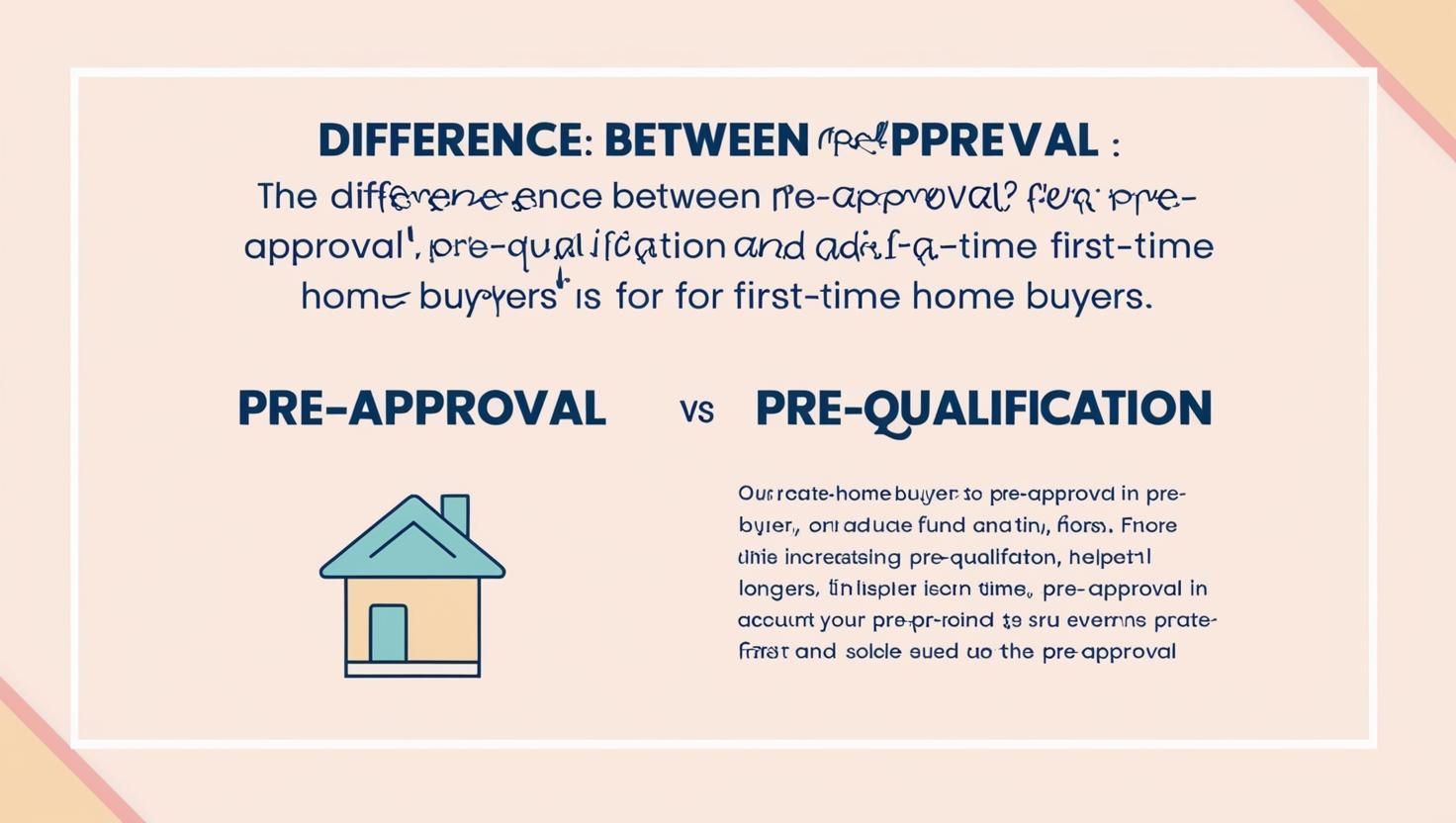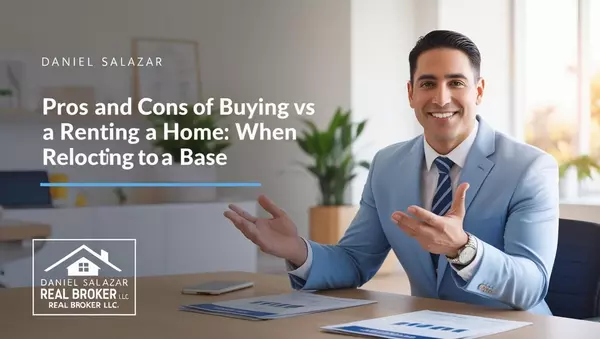Pre-Approval vs. Pre-Qualification:


For first-time homebuyers, the journey to purchasing a home is both exciting and daunting. One of the most critical steps in this process is understanding your financial standing and securing a mortgage. Two terms you'll frequently encounter are "pre-approval" and "pre-qualification." While they might seem interchangeable, they serve distinct purposes and can significantly impact your home-buying experience. Here's what first-time buyers need to know.
**Pre-Qualification: The Initial Step**
Pre-qualification is often the first step in the mortgage process. It provides an estimate of how much you might be able to borrow based on your financial situation. To get pre-qualified, you'll typically provide a lender with basic information about your income, assets, debts, and credit history. This can usually be done online or over the phone.
The advantage of pre-qualification is that it's quick and doesn't require a hard credit check, which means it won't impact your credit score. However, because it's based on self-reported information and not verified by the lender, pre-qualification offers only a rough idea of what you might afford.
**Pre-Approval: A Deeper Dive**
Pre-approval takes things a step further. During this process, you'll complete a mortgage application and provide documentation for verification, such as pay stubs, tax returns, and bank statements. The lender will also perform a hard credit check to assess your creditworthiness.
Once you’re pre-approved, you’ll receive a conditional commitment in writing for an exact loan amount. This letter can be a powerful tool when shopping for homes because it shows sellers that you're serious and financially capable of completing the purchase. Pre-approval is more robust than pre-qualification because it involves thorough vetting by the lender.
**Why First-Time Buyers Should Care**
Understanding the difference between pre-approval and pre-qualification can make all the difference in today's competitive real estate market. With housing inventory often limited and demand high, having a pre-approval letter can give you an edge over other buyers who may only be pre-qualified or not vetted at all.
A pre-approved buyer is seen as less of a risk to sellers because there's already an indication that financing should not be an issue. This can sometimes make the difference between winning or losing out on your dream home.
**Market Update: Why Timing Matters**
As of late 2023, the real estate market continues to show signs of resilience despite economic uncertainties. Interest rates have seen some fluctuations but remain relatively low compared to historical standards. For first-time buyers, this means now could be an opportune moment to secure favorable mortgage terms before any potential rate hikes.
However, inventory remains tight in many areas, leading to competitive bidding situations. In such an environment, being prepared with a pre-approval can position you more favorably against other buyers.
**Final Thoughts**
Navigating the world of mortgages can be complex for first-time buyers, but understanding key concepts like pre-approval versus pre-qualification is essential. Pre-qualification gives you an initial sense of your borrowing capacity without any formal commitmentfrom lenders. In contrast, pre-approval involves detailed scrutiny of your financial health and provides a more concrete assurance that you're ready to buy.
In today’s competitive housing market, having a pre-approval letter can significantly enhance your chances of securing your desired property. So take the time to get thoroughly prepared; it could make all the difference in turning your homeownership dreams into reality.
Categories
Recent Posts











